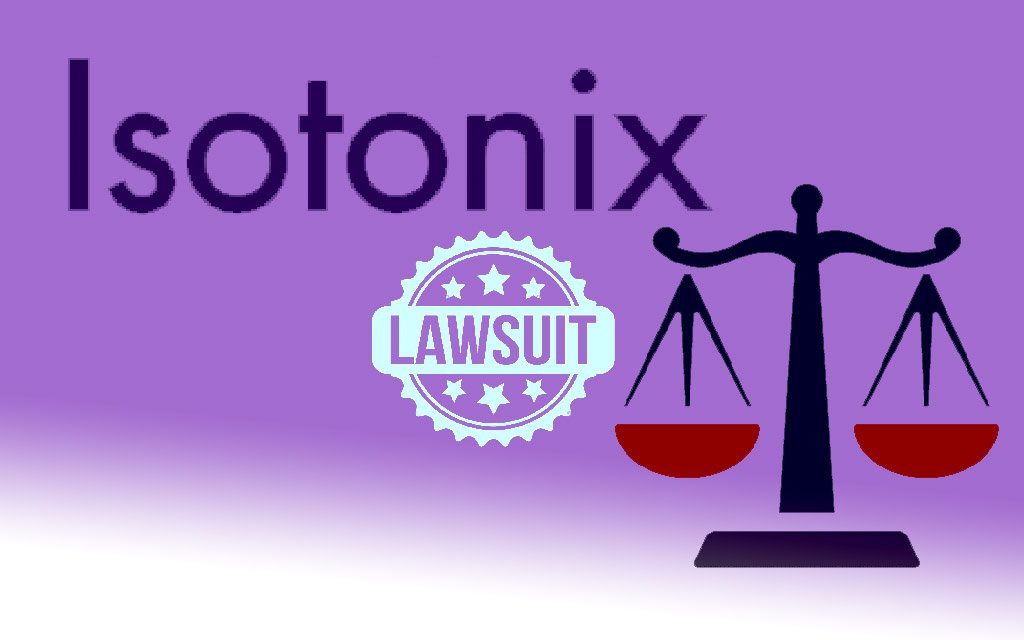Small claim courts have made it easy for people to seek justice at a minimal cost. Use this process to protect your rights, whether you desire to recover some money or want damages.
Dealing with a disagreement without a lawyer can be a scary thing. But you can win and settle the case confidently if you prepare and know your stuff. This guide explains each step and helps you understand how to present your case well for a fair outcome.
What is a small claims lawsuit?
A small claims lawsuit involves disputes over money or property not exceeding a certain amount. In most cases, it is characterized by:
Unpaid Loans or Debts: Collect the money advanced to a person who is not willing to pay.
Security Deposit Disputes: Demand your deposits from your landlords if they return them without good reason.
Damage Claims on Property: Demand damages due to negligence or accidents.
Breach of Contract Issues: Address issues such as non-delivery of goods or partial service.
Small claims courts are very simple. Cases resolve much quicker and at less cost than in regular litigation. Claim limits differ from state to state and are usually capped at $2,500 to $10,000. Knowing the limits will ensure your case qualifies to enter small claims court.
Who Can File a Small Claims Lawsuit?
Anyone can file a small claims lawsuit if their dispute falls within the court’s jurisdiction. Eligible parties include:
- Individuals Seeking Justice: Common cases involve disputes between friends, neighbours, or family members.
- Unpaid Rent by Landlords: Sue tenants who vacate the premises without paying rent.
- Businesses Claiming Compensation: Small businesses frequently use small claims courts to recover unpaid invoices.
Cases cannot involve complicated legal matters such as divorce or bankruptcy. Small claims court is ideal for straightforward disputes where evidence is clear and concise. Being aware of the court’s rules ensures you meet all eligibility criteria.
Read also: Prince Health Group LLC Florida Lawsuit: What You Need to Know
Preparing to File Your Claim
Preparation ensures your case stands on solid ground. Follow these steps:
- Identify the Defendant: Confirm the correct name and address of the person or business you are suing. If it’s a business, verify its legal name through state records.
- Calculate the Claim Amount: Be precise. Include owed money, repair costs, damages, or any interest you’re entitled to claim.
- Gather Evidence: Collect receipts, contracts, photos, emails, text messages, and witness statements. Organise everything to present a clear case.
- Check Jurisdiction: Ensure the court has authority over the case based on location and claim type—file in the right court to avoid delays.
- Attempt Resolution: Try resolving the issue outside of court. Written demand letters often encourage settlement without the use of litigation.
These steps simplify the procedure and give a higher chance for a positive result. A properly prepared case will hardly leave scope for disputes.
How to File a Small Claims Lawsuit
Filing a lawsuit involves several key steps:
- Complete the Forms: Obtain and complete the court’s claim forms. Ensure all details are accurate and double-check for errors.
- Pay the filing fee: fees vary and are usually sensible, but fees can be waived for low income; check the court clerk for exact fees.
- Serve the Defendant: Send court papers to a defendant with an authorized method, such as certified mail, a process server, or a sheriff’s deputy. This is a serious business and can determine the destiny of your case in court.
- File Proof of Service: Proof that the defendant was served with the documents. The proof of service ensures that the defendant knows the suit and is responsible for responding.
Timeliness matters. Filing deadlines depend on the statute of limitations for your claim. Missing these deadlines can disqualify your case.
What Happens During the Hearing?
A small claims hearing is informal but requires preparation. Here is what to expect:
- Present Your Case: Explain your claim clearly and confidently. Stick to facts and avoid emotional appeals.
- Use Evidence Effectively: Display photos, contracts, receipts, and other supporting materials. Highlight key points to strengthen your argument.
- Answer Questions: Respond to the judge’s inquiries concisely and factually. Be respectful and composed.
- Cross-examine the Defendant: Politely challenge any false claims or misrepresentations made by the other party.
- Receive a Judgment: The judge usually announces their decision immediately after the hearing. In some cases, you may need to wait for a written decision.
Confidence and organisation make a strong impression. Rehearse your statements and organise documents beforehand. Practising with a friend can help you feel more prepared.
Common Challenges in Small Claims Cases
Several challenges may arise during your case:
- Difficulty Serving the Defendant: Locating and serving the other party can delay proceedings. Use professional process servers if needed.
- Insufficient Evidence: Weak or missing evidence reduces the likelihood of success. Verify that your documentation is complete and compelling.
- Defendant Counterclaims: Be ready to defend yourself against claims the other party has against you. Counterclaims may make the case more complicated, so stay focused and organized.
- Uncooperative Defendants: Some defendants may refuse to appear or comply with court orders. Be persistent and follow up with court-enforced measures.
A proactive approach helps you overcome these obstacles. Double-check details and seek guidance from court staff if needed. Preparation is the key to avoiding surprises.
When Should You Settle?
Settlement often benefits both parties. Consider settling if:
- The other party offers a fair resolution. Assess whether their offer covers your losses.
- You want to avoid additional costs or delays. Settlements eliminate the uncertainty of a hearing.
- Evidence creates uncertainty about winning your case. A guaranteed resolution may outweigh the risks of proceeding.
Settlements save time and eliminate the stress of attending a hearing. Ensure any agreement is in writing and enforceable. Written agreements protect you if disputes arise later.
Collecting Your Judgment
Winning your case is only half the battle. Collecting the judgment may require persistence:
- Request Payment: Send a formal demand letter outlining payment terms. Include a deadline for compliance.
- Use Court Assistance: File a motion for wage garnishment, bank account levies, or asset seizure if payment isn’t made voluntarily.
- Negotiate a Payment Plan: Work with the defendant to establish manageable instalments. This approach may improve compliance.
Courts provide tools to help you enforce judgments. Stay organised and keep records of all collection efforts. Persistence often pays off when enforcing a judgment.
Benefits of Small Claims Court
Small claims court offers several advantages:
- Affordability: Filing fees are low compared to traditional lawsuits. Legal representation is often unnecessary, saving additional costs.
- Efficiency: Cases move quickly, often concluding within weeks or months. This speedy resolution benefits all parties involved.
- Accessibility: Procedures are straightforward, making it easy for non-lawyers to represent themselves effectively.
- Empowerment: Filing a claim allows you to assert your rights and seek justice independently. Winning a case can be a rewarding experience.
These benefits make small claims court a valuable option for resolving disputes effectively. Knowing the process ensures you make the most of its advantages.
Recent Small Claims Cases in the News
Recent cases highlight the impact of small claims lawsuits. A tenant received a $5,000 judgment against a landlord for not returning security deposits in 2024. Another is a contractor who had to pay $8,000 for the unsatisfactory repairs of a house. Examples of this kind reflect how ordinary people can attain justice without expensive lawsuits.
A judgment was recovered for the plaintiff in a case of two neighbours disputing over property damage for $3,000. This is a typical example of how small claims courts can be used to solve everyday disputes fairly and efficiently.
Frequently Asked Questions
Can You Appeal a Small Claims Decision?
In most states, the losing party can appeal. Filing deadlines for appeals are typically within 30 days. Appeals often require additional fees and additional documentation.
What If the Defendant Doesn’t Pay?
Courts can also impose wage garnishment or property liens as remedies. Persistence is key to collecting your judgment. Keep detailed records of all enforcement actions.
Can a Lawyer Represent You?
Rules vary by state. Many small claims courts do not allow legal representation, promoting fairness and simplicity. However, lawyers can often provide advice before the hearing.
Taking the First Step
Starting a small claims lawsuit is easier than you think. Gather evidence, organise your case, and follow the court’s procedures. This process helps you stand up for your rights and resolve disputes efficiently.
Taking that first step demonstrates your commitment to justice. Small claims court empowers individuals to seek resolutions without undue complexity.
Conclusion
A small claims lawsuit empowers you to seek justice without unnecessary complexity or cost. Understanding the process and preparing thoroughly ensures the best possible outcome. Take control of your situation and pursue the resolution you deserve today.
Small claims court makes justice accessible to everyone. Start your journey towards resolution and reclaim what’s rightfully yours. Confidence and preparation will lead you to success.


